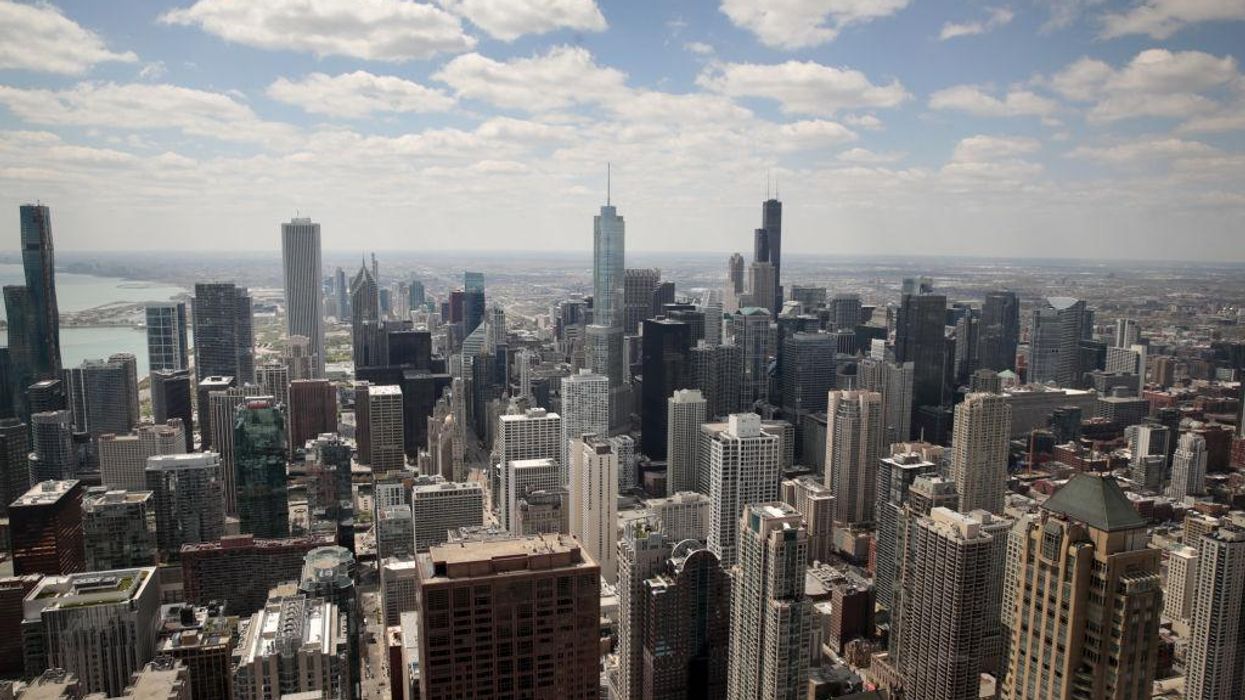
Scott Olson/Getty Images

Chicago-dweller Adam Kotsko, a faculty member at the Shimer Great Books School of North Central College, has publicly opined that individuals should not reside in rural settings.
"In discussions of reducing car dependency, one often hears, 'What about people in remote rural areas?' And my gut instinct is -- people shouldn't be living there in the first place. The solution is to give them generous grants to relocate among other humans," tweeted Kotsko, who is also the author of multiple books.
"'But what if they like living in remote rural areas?' Sorry, you can't always get what you want. A lot of people would like to live in dense, transit-rich settings but can't -- either because they can't afford it or it simply doesn't exist where they are," he tweeted. "And if this sounds harsh -- don't worry, it will never happen, because our governmental institutions are INSANELY biased in favor of rural areas. They'll be fine. I'm just a guy over here having an opinion," he added. He also wrote, "'Isn't it mean to imply that rural people's lifestyle is bad and wrong?' As someone who lives in Chicago, all I can say to that is: cry me a river."
Kotsko said that in his understanding, individuals living in sparsely populated areas are poverty stricken and "essentially trapped."
"My understanding is also that a lot of people in remote rural areas are desperately poor and essentially trapped there," Kotsko tweeted.
Kotsko also issued a series of tweets discussing ideas about such an urban-centric society.
"My ideal land use distribution (based heavily on KSR): all agricultural land is collectively owned and scientifically managed to balance quantity, quality, and variety of food against sustainability and ethical practices. No single-family or corporate for-profit farms," he declared. "Young adults have to do a period of public service, and one option would be a 'tour of duty' as a farm worker for a few years. Everyone would at least know someone who knows firsthand what goes into food production," Kotsko continued.
"The overwhelming majority of people live in a handful of ultradense urban cores, connected by high-speed rail. No car-based suburban communities exist. A handful of people stay in rural areas full-time to manage the work brigades or run wilderness retreats or whatever," he added. "The human footprint would be vastly less in this system -- all land not used for agriculture would be left wild. Another public service option would be dismantling the suburbs -- stripping copper wire and other useable resources, removing toxins, then leaving them to rot."